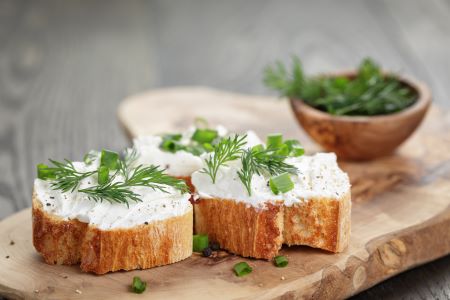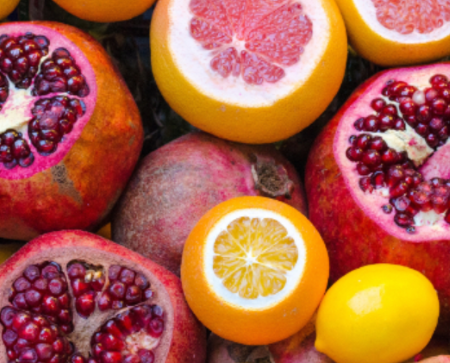As food consumers, one of our main aims is to indulge in foods that look and taste to an incredibly high standard. For many years food producers, manufacturers and bakers alike have been adding extra flavours and extracts to enhance the flavour of a certain product. It’s become a major normality in recent years to see marketing such as “no artificial flavours” or “natural flavours included”, which has greatly impacted on what consumers buy. As people begin to seek for more healthier, clean, and traceable, foods and products, natural, and artificial flavours are slowly being questioned and challenged by consumers. This article wishes to discuss what artificial, natural, and organic flavourings and extracts are, why public opinion is shifting away from certain additives and how the industry is responding to this?
With the ubiquitous impact of social media causing individuals to want to take care of their body and image, alongside the emergence of COVID-19 – bakers have wanted to be healthier than ever. COVID-19 has showcased the fragility of life causing many people to desire to eat healthier and exercise more to protect them from these unknown emerging viruses. Whereas social media particularly has created a new standard on how individuals should live their lives, whether it is to have the “instagrammable body” or keep up with online culture trends of eating naturally, social media has played a massive part with what we put in our bodies. Social media has also allowed it to become more easier for shoppers to source and understand what is in their foods, leading to this interesting consumer development.
It’s also important to note that different countries having different food laws, meaning that what could be considered a healthy flavour to consume in one country, may actually be banned in another. For example, countries such as Finland and Ireland are renowned for having very good food regulations and laws, suggesting that the food is fresh and hygienically sourced therefore better for human consumption. Whereas countries like India, the United States, China, Mexico and France have been ranked the top five worst countries for food standards and regulations. This means that food the food sourced and consumed in those regions was found to be either pathogenic, insanitary or contains illegal or high excessive amounts of chemicals. Therefore, the country you situate in will impact on what healthy or unhealthy foods or flavours you may consume meaning understanding what we put into our bodies matters more than ever, as sometimes we cannot rely on countries to protect us!
But how does all this link to flavours and extracts? Over the span of the 21st century, there has been a recent shunning of anything known as “artificial flavouring.” In 2018 the International Food Information Council Foundation conducted a study that found that “despite the importance of familiarity, 7 in 10 consumers would be willing to give up a familiar favourite product for one that did not contain artificial ingredients.” Consequently, this provides damming proof that artificial flavours are going extremely out of fashion and the industry has to respond to this change.
Read the full article in our Novmeber-December issue here: International Bakery (pagesuite.com)
Media contact
Roshini Bains
Editor, International Bakery
Tel: +44 (0) 1622 823 92.2
Email: editor@in-bakery.com








